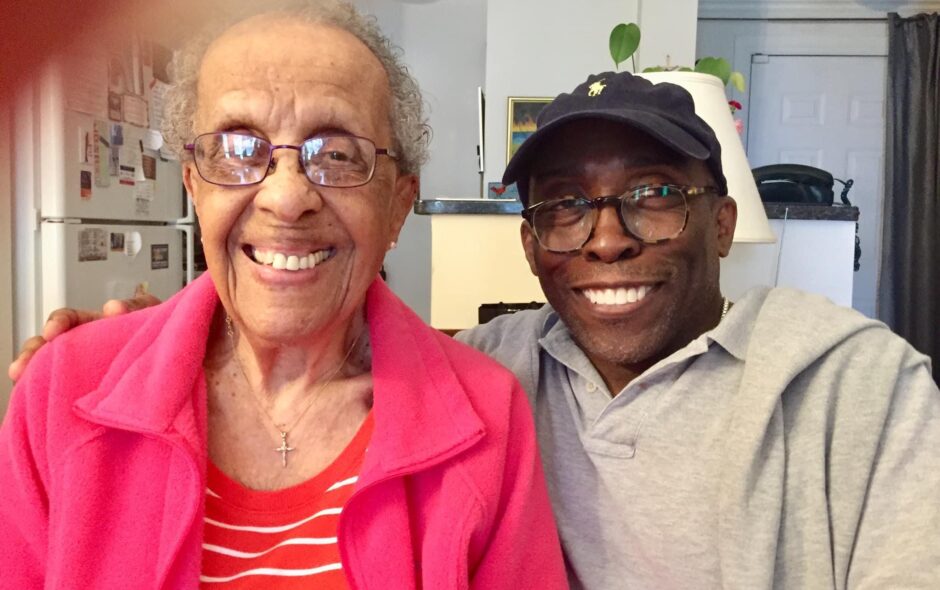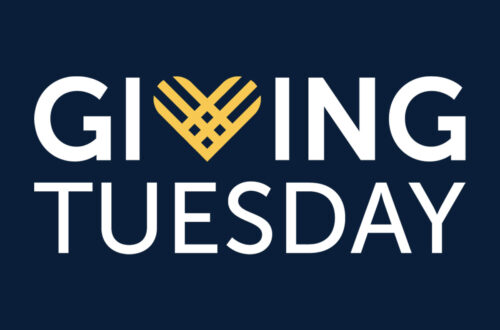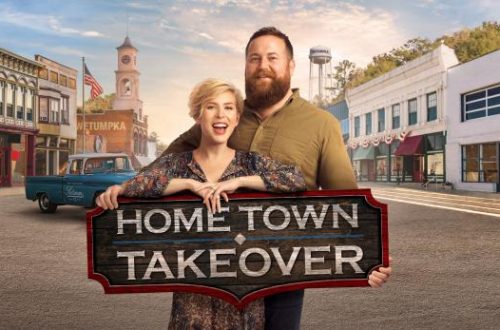The following is a reflection on the sixty-two-year friendship between the late Mrs. Elsie Gene Adams and Mr. Clay Rivers. This memorial was given by Mr. Rivers at Grace Episcopal Church, White Plains, New York, on January 27, 2024, at the request of Mrs. Adams’ daughters.
Joan, Jeanette, Cynthia, and Eris, family members, Father Moronta, Grace Episcopal parishioners, friends, and guests—greetings. It’s an honor to be with you today to reflect on our beloved Elsie Gene Adams.
I so wanted to share neat little packaged anecdotes that would hopefully make you smile and bring you, at the very least, a hint of comfort, but I can’t. I am bereft, unmoored, and floundering on storm-tossed waves of sadness and grief. The loss is unspeakable, as no words give meaning to my sorrow. I am a man come undone.
Mrs. Adams was both a second mother and third grandmother to me. Most importantly, she understood me better than anyone else ever has. She was—hands down—my best friend.
I miss her deeply.
Mrs. Adams was my Oprah before Oprah became “Oprah” and my personal Maya Angelou long before I learned why the caged bird sang. And yes, she knew I held her in such high regard because I told her so, to which she responded, “Well, you know they didn’t just come into the world knowing those things. They experienced a lot throughout their lives.” What she didn’t say was that she, too, had experienced a lot throughout her life.
As a Black woman living in the United States, she experienced some of life’s highs and the lows that accompany our ethnicity. Through it all, the one thing that kept her upright and afloat through the storms and sailing through life at a seemingly effortless clip was the object of her faith, the triune God. Her faith wasn’t something to which she gave lip service on Sundays and disregarded the rest of the week. Her heart was filled with Christ’s love, and that love permeated our friendship.
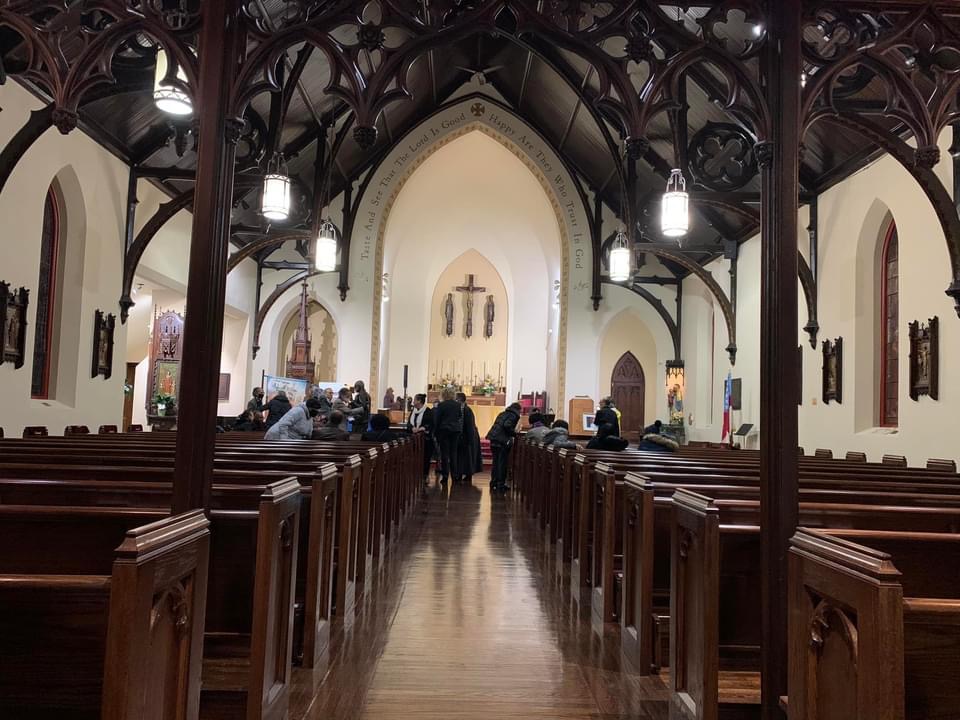
There hasn’t been a time when Mrs. Adams hasn’t been a part of my life, and that’s not an exaggeration. It is a statement of fact, one we laughed about as if it was the punchline to a joke only she and I shared whenever she lauded our relationship with the words, “ . . . because I’ve known you since before you were born.”
Five years since before I was born, to be exact. I say that because that’s when Mrs. Adams first met and befriended my mother, a fresh-out-of-Florida A&M University graduate finding her footing in her first teaching job at Holden Street Elementary in Orlando.
I was a precocious child with a distinct physicality that most people outside my immediate family held an intense awareness of. I have no recollection of Mrs. Adams and I ever discussing my height. Looking back, I think she wasn’t ignoring the obvious; but instead focused on other obvious traits, like my giftedness.
Of course, my elementary-school-age brain didn’t have the words for what I felt then, but I can say with unwavering certainty now that it was validation. That’s what every child and many adults want: to be seen as good enough, smart enough, and worthy enough to belong wherever they go.
And so began our special bond as mentor and mentee. This laid the foundation for thousands of hours of conversations about everything imaginable for more than the next sixty years.
Mrs. Adams never said or implied what I “should” or “shouldn’t” do. She taught me how to make decisions by asking questions that led me to carefully consider situations and weigh the pros and cons of my choices. She inspired me to believe I could do anything I wanted with faith in God and healthy doses of discernment and patience before making a final decision.
Confession: there were a lot of remedial lessons on patience.
Mrs. Adams and her family were also a refuge, and I mean that quite literally. During my high school years, my family’s home caught fire and burned. The damage was so extensive that the entire structure had to be gutted. The Adams family came to our rescue and lent my family the use of a brand new house directly behind her mother’s home during the nine months of reconstruction. Talk about a life lesson in friendship and provision.
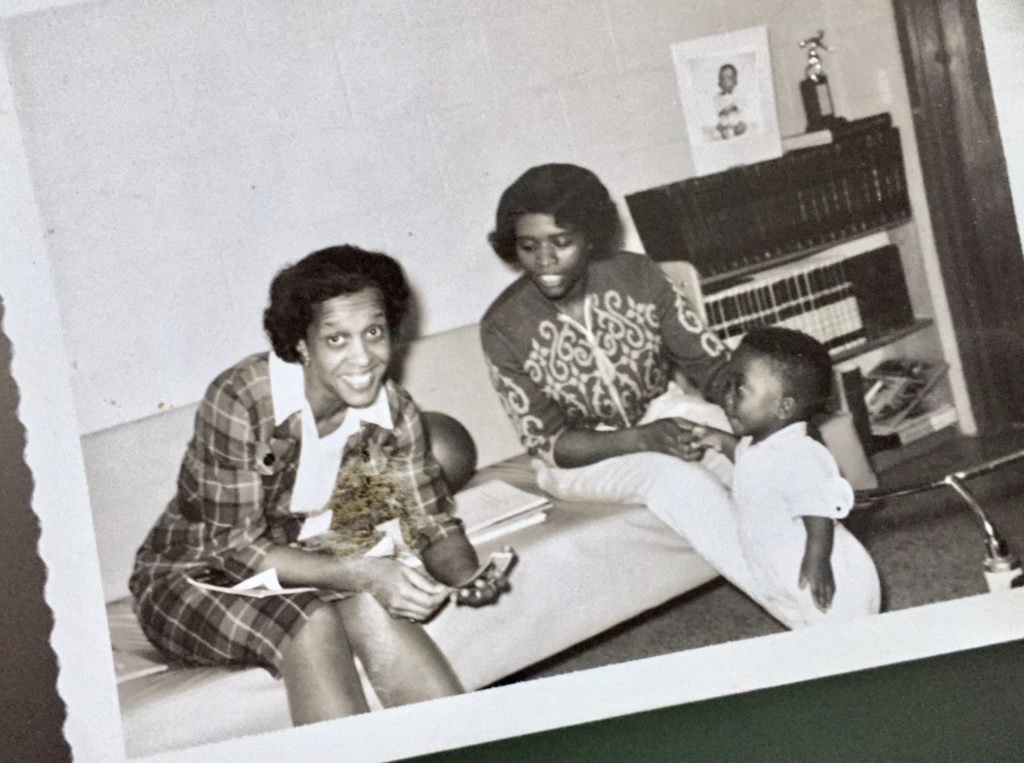
Coming to grips with my sexuality dogged me from high school through college and a few years beyond. Once things were finally resolved in my mind, I decided to tell Mrs. Adams I was gay. In retrospect, I’m sure she suspected as much long before I did. Mind you, this was back in the 1980s, not exactly the best time to make such an announcement, plus trepidation held me in its grip. I hadn’t even told my parents and wouldn’t for years to come.
But I felt compelled to reveal that side of myself. Would Mrs. Adams still like me? Would I be rejected out of hand? After more than two decades of sharing everything, withholding that realization would be lying by omission. And patently disrespectful.
I can’t recall the words we exchanged during the conversation; I can only remember the feelings. Her acceptance of me and outpouring of unconditional love had never been more lavish than that day. She assured me that she still loved me, and so did God. I felt a weight had been lifted. Once again, but on a deeper level, I felt seen, known, accepted, and still loved by my friend. And the nature of all that love? Divine.
During my twenties and thirties, while I never once said that my father had a drinking problem, she knew. She knew how maladies could ravage families. She hinted indirectly about challenges within her family, neither for shock value nor personal gain, but to reassure me that she could relate to what I was going through with my father.
In The Oprah Show finale, Ms. Winfrey said, “If I could reach through this television and sit on your sofa or sit on a stool in your kitchen right now, I would tell you that every single person you will ever meet shares a common desire–validation. They want to know: ‘Do you see me? Do you hear me? Does what I say mean anything to you?’”
That was May 25, 2011.
I can attest that since before February 4, 1961, Mrs. Adams accepted, understood, and loved me. Yes, she manifested God’s interpersonal trio for how to win friends and influence people better than anyone I knew. I can’t remember entering her presence when she didn’t greet me with that radiant smile and a fond embrace. Each encounter with her was to have the sun shining warmly on my face. And always, we unpacked rapturous conversations about things large and small, like a banquet for our feasting.
Our friendship blossomed during my nine years in California and even more so when I relocated back to Orlando. But two years later, in 2006, I’ll never forget how she wistfully confided in me that she had “stayed too long in Orlando” and would be returning to White Plains. Our—how shall I put this, “mutual aversion”? Yes. Our mutual aversion to the City Beautiful provided hours of comic relief. But the joke was on me that she had had her fill and would be leaving.
A part of me is no longer here—the part that saw the best in me and others and nurtured and taught me to give and accept love—and my heart is irreparably shattered.
As happy as I was that she would be closer to her most significant source of pride and joy, her daughters, there was no denying I felt as if the very foundation of my world had been ripped out from under me. At a final lunch at her home, to ease the pain that the best part of me was leaving with her, I sought solace in the books by Sidney Poitier, Maya Angelou, and Zora Neale Hurston that she gifted me from her library. That afternoon, on the way home, I wept bitterly. And also for a few days more.
But the very next year, God did something extraordinary—I was cast in the flagship company of the Radio City Christmas Spectacular. While it was an item on my bucket list, performing in the show took a backseat to something far more important: it afforded me the opportunity to behold my friend in her element. With her family. Every fall for the next six years.
And the last twelve years have been a gift . . . what am I saying? It’s all been one tremendous gift, but the last twelve years have been especially sweet because—if you can imagine, the depth and breadth of our friendship increased even more. In that our love and appreciation for one another shifted, it became more mutual in that I was able to give back by showing and telling her how much more clearly I saw her, heard what she had been saying, and how every syllable and act of kindness she showed meant the world to me.
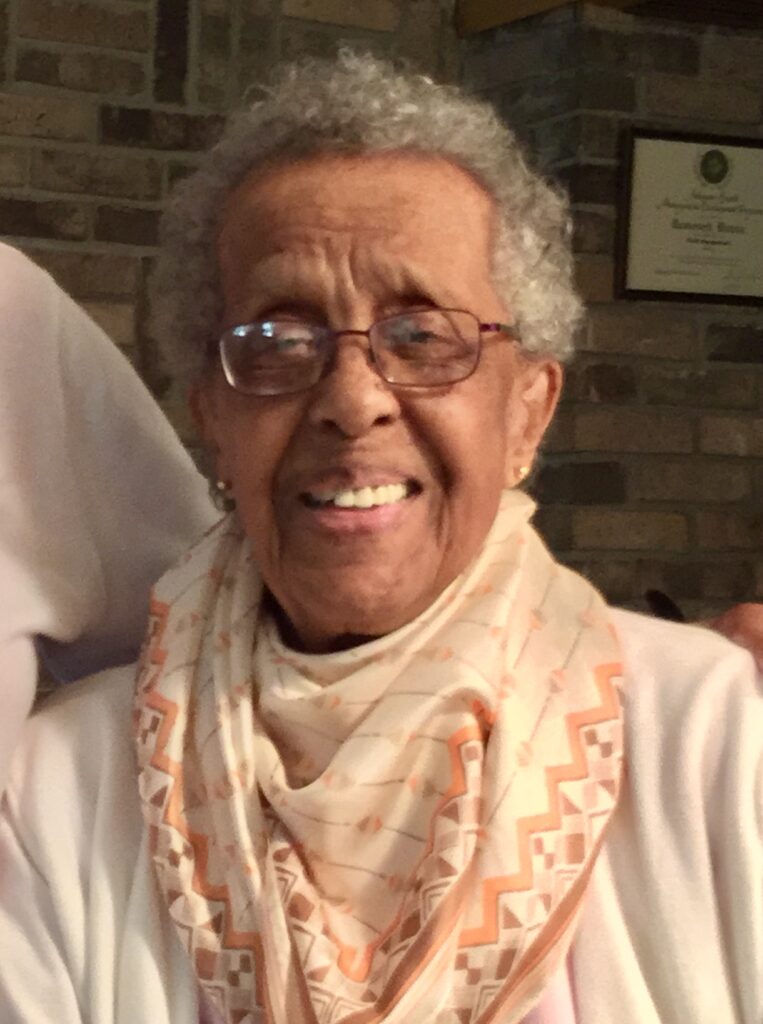
A part of me is no longer here—the part that saw the best in me and others and nurtured and taught me to give and accept love—and my heart is irreparably shattered. But that’s the paradox of love . . . One thing that got me here today and keeps me going is our shared belief in Christ’s promise that those who believe in him will live, even though they die, and whoever lives and believes in him will never die. And one day, I will see her again. But today, I miss my friend.
Mrs. Adams was my cohort, mentor, griot, confidant, my life raft, that person who talks you off the ledge when down seems the only way forward. She was my professor in the master class of life, and my very best friend.
To Joan, Jeanette, Cynthia, and Eris, you are the personification of all your mother strived for and more than she dreamed possible. I see so much of her in each of you. I grieve for and with you and join you in celebrating the miracle that is your mother. I thank each of you from the depths of my being for generously sharing her.
May the Lord bless each of you every day and in every way. Thank you.

